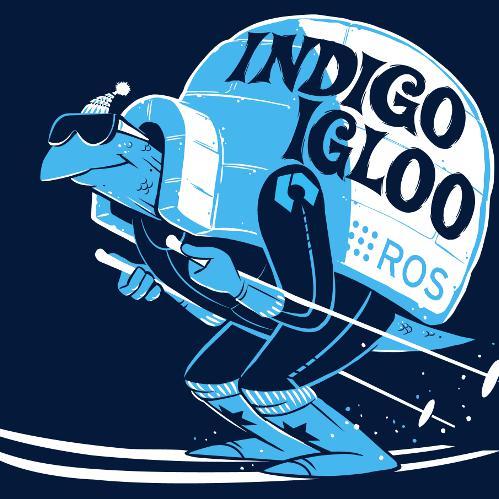The limited onboard energy of autonomous mobile robots poses a tremendous challenge for practical deployment. Hence, efficient computing solutions are imperative. A crucial shortcoming of state-of-the-art computing solutions is that they ignore the robot's operating environment heterogeneity and make static, worst-case assumptions. As this heterogeneity impacts the system's computing payload, an optimal system must dynamically capture these changes in the environment and adjust its computational resources accordingly. This paper introduces RoboRun, a mobile-robot runtime that dynamically exploits the compute-environment synergy to improve performance and energy. We implement RoboRun in the Robot Operating System (ROS) and evaluate it on autonomous drones. We compare RoboRun against a state-of-the-art static design and show 4.5X and 4X improvements in mission time and energy, respectively, as well as a 36% reduction in CPU utilization.
翻译:自动移动机器人的机载能量有限对实际部署构成了巨大的挑战。 因此,高效的计算解决方案至关重要。 最先进的计算解决方案的关键缺陷是它们忽视机器人操作环境的异质性,做出静态、最坏的假设。 由于这种异质性会影响系统的计算有效载荷,一个最佳系统必须动态地捕捉这些环境变化,并相应调整其计算资源。本文介绍RoboRun,这是一个流动机器人运行时段,它动态地利用计算环境协同作用来改善性能和能源。我们在机器人操作系统(ROS)中应用RoboRun,并在自主无人驾驶飞行器上对其进行评估。我们对照最先进的静态设计对RoboRun进行比较,显示任务时间和能源的改善分别为4.5X和4X,以及CTU利用率减少36%。



